Pregnant in the Pandemic: Keeping You and Baby Healthy during COVID-19
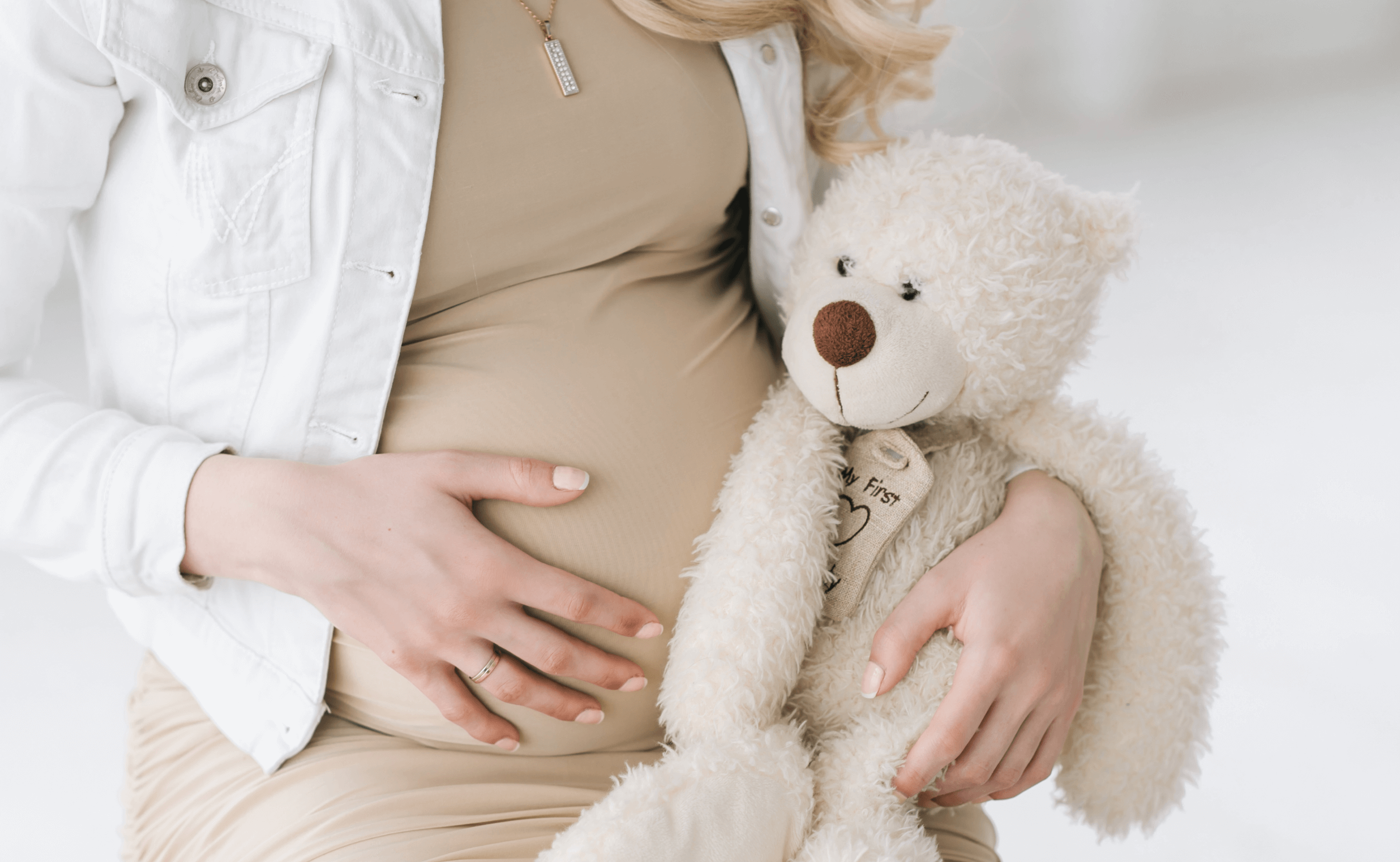
Setting up the nursery, attending birthing classes, celebrating with friends and family, and answering the questions of “When are you due?” “Is it a boy or girl?” and “How are you feeling?” These were all the situations I anticipated when finding out I was pregnant and due May 12, 2020. What I wasn’t prepared for was being quarantined, wearing a mask, and letting friends and family know that when baby finally arrives they would have to wait to meet him or her until it was safe.
Pregnancy, labor, and delivery themselves are filled with unknowns, but expecting a baby in these unprecedented times only adds additional fears and emotions. If you are feeling anxious about being pregnant during the COVID-19 pandemic I am here to tell you, you are not alone.
So, during this challenging time where can you go to find reliable information? I often find myself scrolling through Facebook which inevitably brings me to some article about pregnancy but who knows if the information is accurate? For the best information, forget your Facebook feed and head to the Centers for Disease Control and Prevention (CDC) or March of Dimes.
As a CDPHP member, I was appreciative of all of the pregnancy resources available to me, including access to Ovia and the CDPHP Care Team, who can answer my questions. Here are a few key points that will hopefully have you resting just a little easier during your pregnancy, whatever stage you may be in.
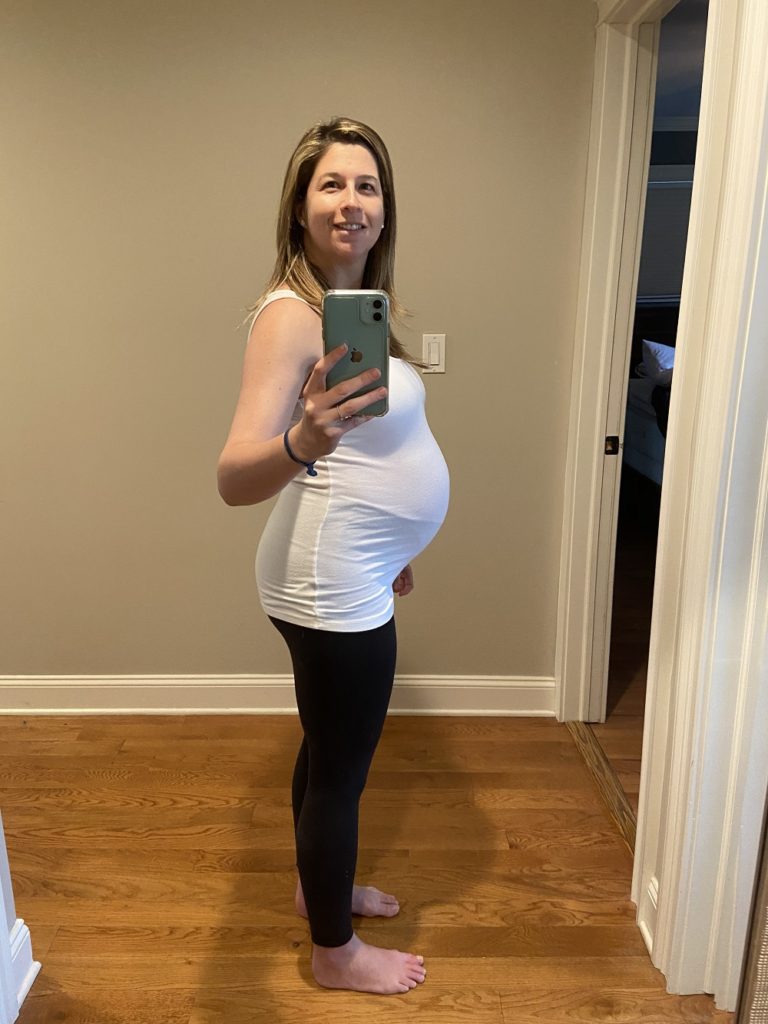
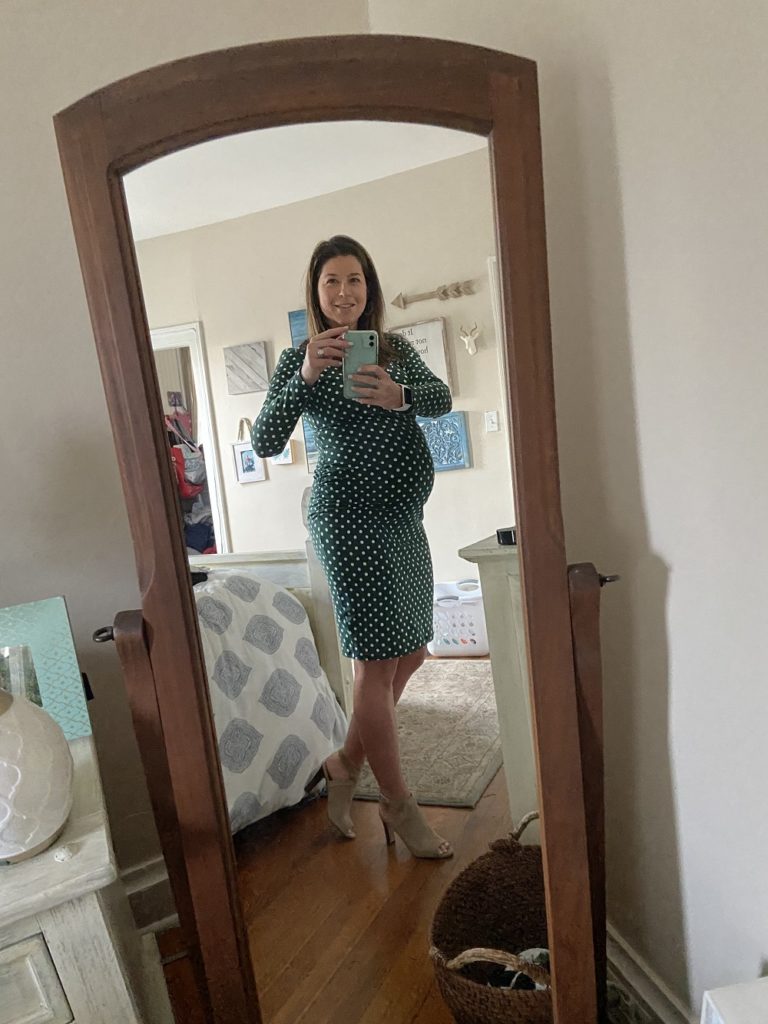
General good practice
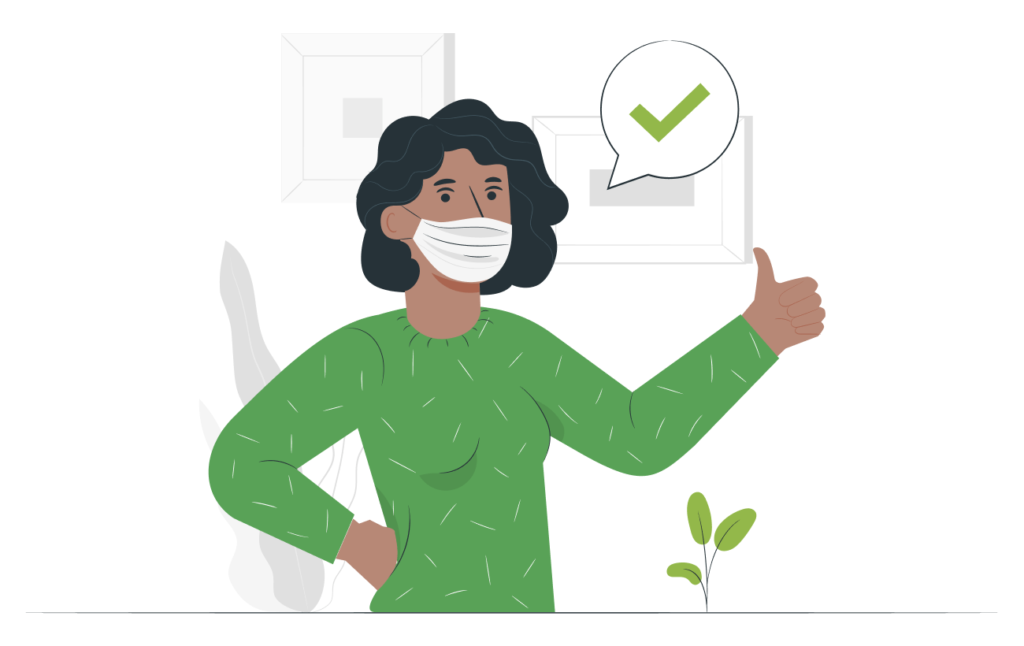
- Avoid people who are sick or who have been exposed to the virus.
- Clean your hands often using soap and water or alcohol-based hand sanitizer.
- Clean and disinfect frequently touched surfaces daily.
When you’re pregnant or nursing
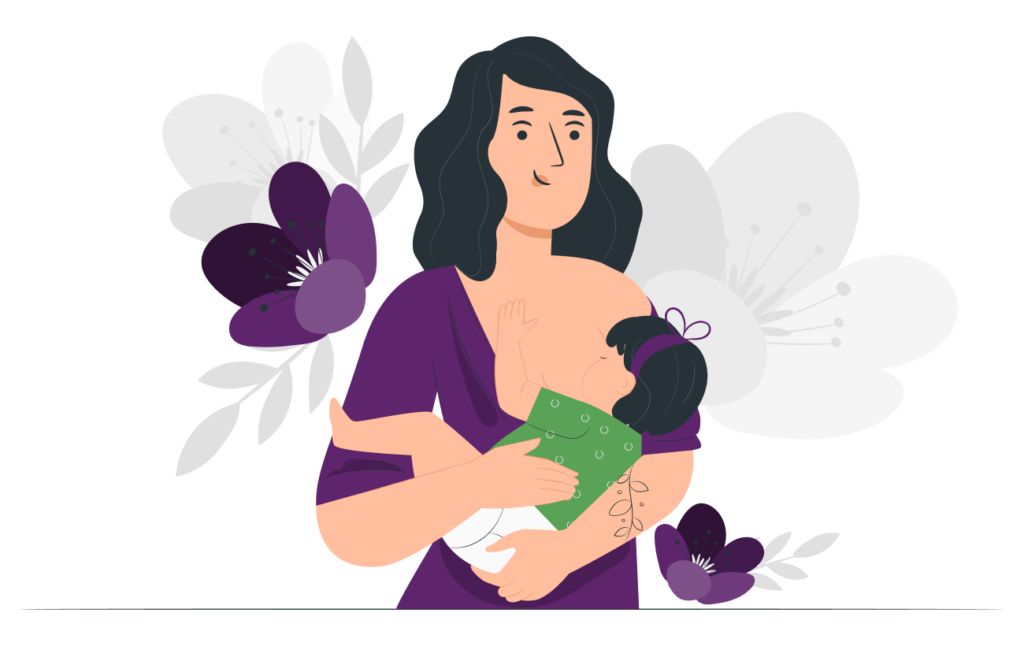
With the COVID-19 vaccine readily available, it is recommended that members who are pregnant and those nursing should receive the vaccine to better protect themselves from the virus. In fact, if you are currently nursing, there is evidence that COVID-19 antibodies are present in breast milk of vaccinated mothers. As always, it’s important to consult your doctor.
Here are some things to be mindful of:
- Mother-to-child transmission of coronavirus during pregnancy is unlikely, but after birth a newborn is susceptible to person-to-person spread.
- A very small number of babies have tested positive for the virus shortly after birth. However, it is unknown if these babies got the virus before or after birth.
- The virus has not been detected in amniotic fluid, breast milk, or other maternal samples.
- Breast milk provides protection against many illnesses and is the best source of nutrition for most infants.
- You, along with your family and health care providers, should decide whether and how to start or continue breastfeeding.
- In limited studies, COVID-19 has not been detected in breast milk; however, we do not know for sure whether mothers with COVID-19 can spread the virus via breast milk.
- If you have symptoms or have been diagnosed with COVID-19 and choose to breastfeed:
- Wear a facemask and wash your hands before each feeding.
- If you are sick and choose to express breast milk:
- Express breast milk to establish and maintain milk supply.
- A dedicated breast pump should be provided.
- Wash hands before touching any pump or bottle parts and before expressing breast milk.
- Follow recommendations for proper pump cleaning after each use, cleaning all parts that come into contact with breast milk.
- Consider having someone who is well feed the expressed breast milk to the infant.
You should not allow COVID-19 to deter you from successful breastfeeding, but it’s best to speak with your baby’s pediatrician about the safest way to interact with your baby if you have COVID-19. You can also get support from a lactation professional in the CDPHP network by searching “breastfeeding” in Find-A-Doc. Just like so many new norms you may need to take additional steps to be both successful and safe.
Visiting the doctor
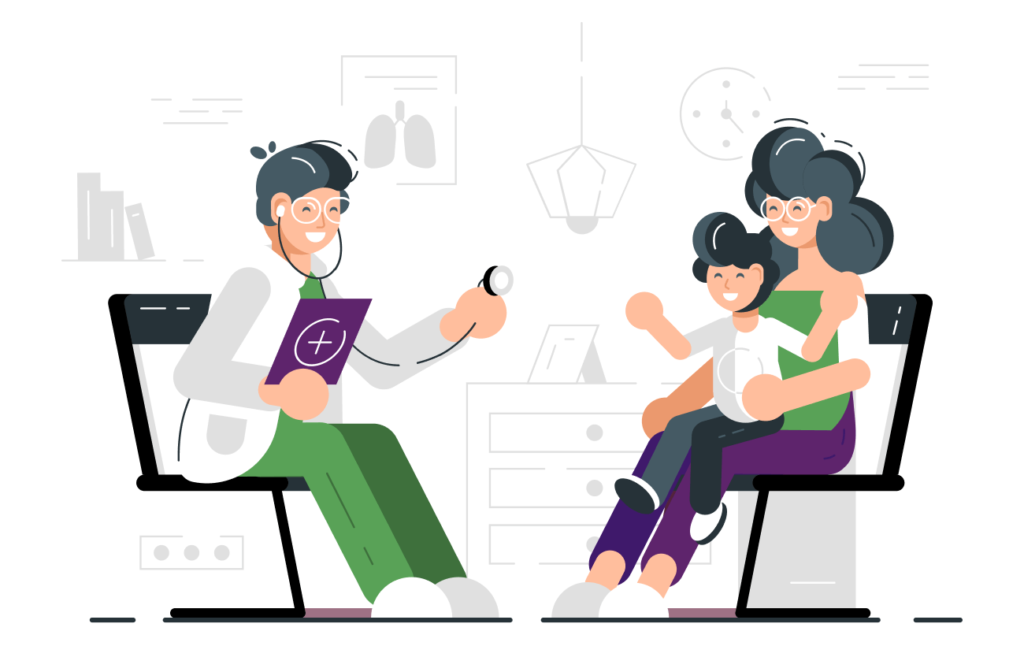
Not long after your baby is born, you’ll need to make a routine trip to the pediatrician. When we took my now 11-year old daughter to her first pediatrician appointment, it took us about an hour to travel just a few miles, as we didn’t drive more than 20 miles an hour! We were so careful and there wasn’t even a pandemic. Getting your new baby out in the middle of COVID-19 can feel overwhelming.
To help protect yourself and your new baby, follow the advice of your pediatrician when scheduling follow-up visits. Many pediatricians have special times set aside for newborns such as early in the morning before the office even opens. Additionally, many offices are expanding the use of telehealth to answer parents’ questions. When planning your visit to the pediatrician, don’t be shy about having a conversation with the office about what they are doing to minimize the risk of exposure.
Meeting family and friends

I remember visitors stopping by the house after the birth of my two daughters (now 11 and 8). We had people in and out for days if not weeks coming to snuggle, visit, and ogle over our precious new bundles of joy. Right now, however, this is too dangerous as one of your visitors may be contagious but not have any symptoms and unknowingly expose you or your baby to the virus.
It won’t be easy to put your foot down, and you can be sure there will be pressure from grandparents who cannot wait to hold their new grandchild. But be firm about not having visitors during the time period advised by your pediatrician.
Talking with your partner and family
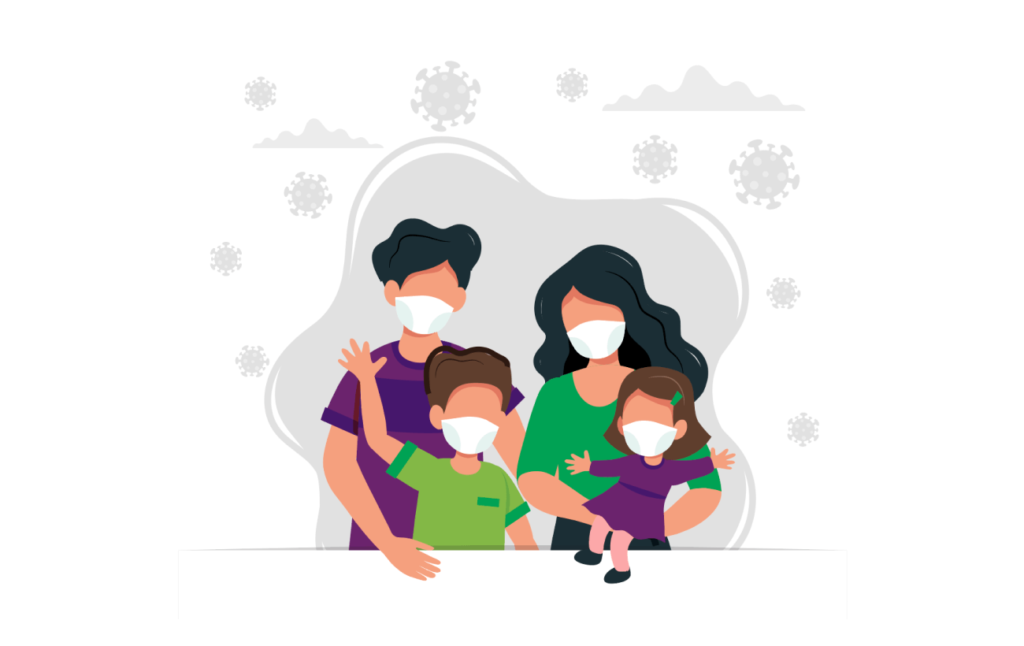
I also found that having these conversations with your partner ahead of baby’s arrival may reduce the amount of anxiety or awkwardness that could arise once the baby is here. Explain to friends and family it’s not personal and it’s only temporary, but the best way they can show their love to this new life is by staying within a safe distance.
Luckily, we have so many unique ways to connect with friends and family to share our new baby news! FaceTime, Zoom, Facebook LIVE, Houseparty, and more are just a few of the digital options you can use to have a “meet our new bundle of joy” reveal with those who are desperate to share in this special time with you.
You can prepare yourself with all the information you can get your hands on, but during this challenging time you may have days where you are sad, scared, overwhelmed, and just exhausted. That is totally normal and okay. I have had every emotional outbreak that is out there, and I am still here. Reach out to your circle (virtually, of course) and tell them what you are thinking and feeling. It will help, I promise.
Try and focus on the new life you are bringing to the world and how you can use those weeks postpartum to just bond with your sweet new baby. Stay safe, Momma.
 The Daily Dose
The Daily Dose
Comments are closed.